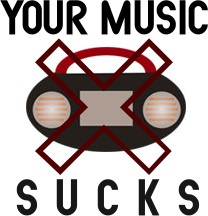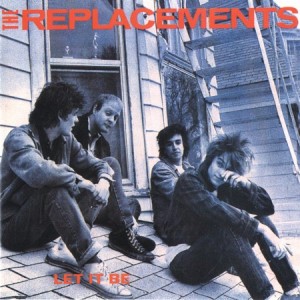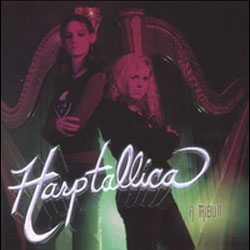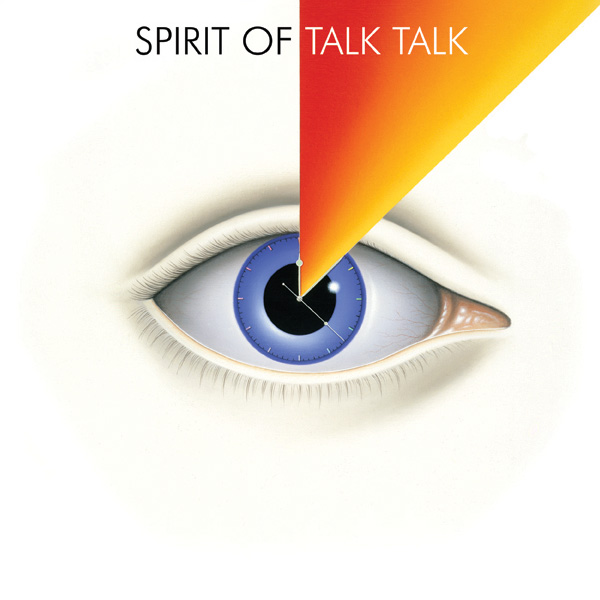After the third repeat of Crowded House’s The Very Best Of over family dinner, I made a solemn promise to myself. If the day ever comes when I lose my passion for discovering new music, it’s time to put me out of my misery.
Why do so many people, even those who profess to be genuine music lovers, seem to stop caring about new or unfamiliar music as they get older? And with so many easily accessible options for discovering music available to us today, is this a trend that’s ever likely to change?
I’m 33. I’ve obsessively sought-out music since I was a primary school aged kid, surfing radio stations for hours on end. Now I have online music magazines, blogs, podcasts, online fan communities, downloads, digital radio, streaming services and the depthless archival rabbit holes of internet music databases and streaming playlists to delve into, and my thirst for uncovering as-yet unheard musical pleasures, both new and old, is more insatiable than ever. But most of my peers, a few of whom I originally bonded with over a shared love of music, don’t seem to have taken to these aural temptations with nearly the same unbridled enthusiasm as me. Why? Well, it’s just, they’re really not that interested.
Losing interest in new music appears to be common to every generation. It seems to start happening around the mid-20s, and by my age, most people seem comfortably resigned to the fact that while other aspects of their lives have moved on in countless ways, their musical preferences remain in a state of suspended animation, firmly attached to the part of their youth where music played a much bigger role in shaping not just their tastes, but often, a large part of their personal identities.
For most people, the formative years of teenage and early adulthood are where music plays its most important role. This is partly because music provides a much needed avenue for young people to connect with a wide range of cultural ideas, finding ones they can relate to and adopting them as a form of their own self-expression.
So, as youthful associations around music as a cultural identifier become less of a concern, the social importance of music gradually starts to fade into the background. We’ve completed the music-as-soul-searching phase in our lives, found what we like and are satisfied with sticking to it. For a lot of people, music eventually becomes almost entirely inseparable from youthful nostalgia. This goes at least some way towards explaining the prevalent attitudes among people 30 and up about today’s music being inferior to the music they enjoyed growing up – regardless of whether they’ve had enough experience outside their own tried and true playlists to back this belief up.
So, are the proliferation of new media platforms for the sharing and sale of music likely to open older audiences up to discovering new music? From what I’ve observed – probably not to a hugely appreciable degree. These avenues are being adopted by older generations to some extent, but for many, they’re simply a more convenient delivery system for accessing the same old stuff rather than experimenting with anything different or new.
It would certainly be unfair to say people who lose interest in new music in their later years aren’t ‘real music lovers’. Its clear musical nostalgia, or even just a great tune at the right moment can invoke an extraordinarily emotional response in people. It’s more likely that actively listening to music plays a different role to a lot of people, one that’s far less intertwined in their day to day lives, and mainly reserved for special occasions.
So what makes older music fans who have a taste for discovery a different breed of music lover? Personally, I think my attitudes come from the views on music I formed in my earlier years. For me, music was more than just the immediate experience of listening, or something tied to a moment or a memory that I’d then be able to relive later through relistening. A vital part of music fandom, for me, has always been about discovery for discovery’s sake. Music to me is an adventure that can be, and has to be, carried on for a lifetime, if we’re even going to begin to scratch the surface of its ability to intrigue and delight and confound and surprise us.




